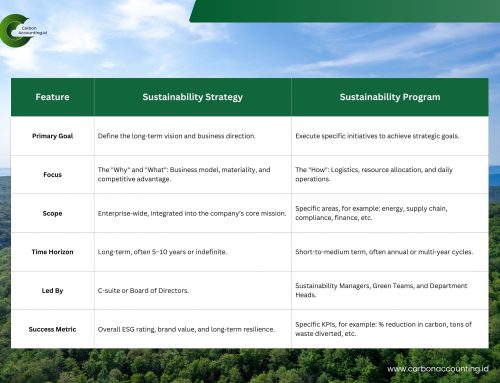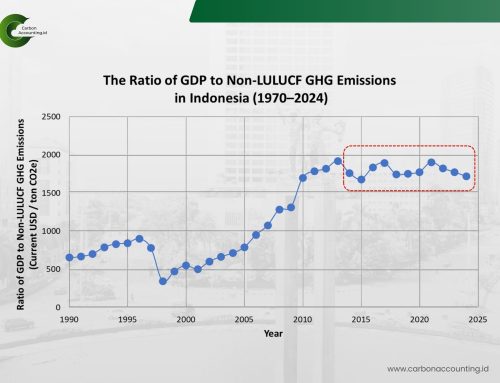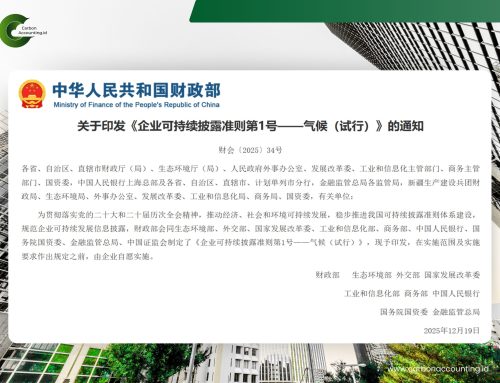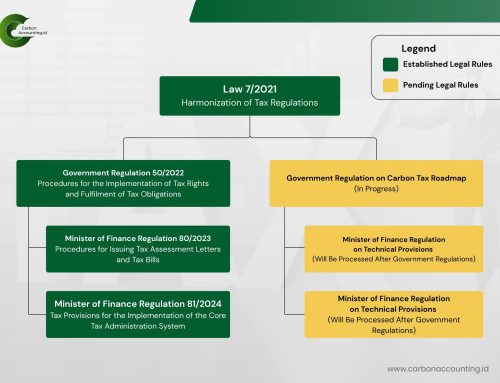Counting Carbon in Every Ticket: KAI’s New Feature with Support from the Ametis Institute
We at the Ametis Institute’s Sustainable Economy Division supported PT Kereta Api Indonesia (Persero) (KAI) in launching a new carbon-footprint feature for rail passengers. Now available on the KAI Access mobile app and printed on train tickets, it gives travellers a clear estimate of the greenhouse gas (GHG) emissions associated with each journey. By placing this information directly in customers’ hands, we together with KAI are making climate considerations part of everyday travel decisions.
Rolled out on 23 December 2024, the feature aligns with KAI’s strategy to promote efficient, low-emission mobility across Indonesia’s rail network. Our role focused on translating technical carbon-accounting methods into an accessible, passenger-friendly display so the numbers are clear, comparable, and genuinely useful for planning trips. Over time, we expect this visibility to nudge demand toward routes and behaviours that lower overall emissions.
At the launch, Deputy Minister of State-Owned Enterprises (BUMN) Kartika Wirjoatmodjo welcomed the initiative, citing its benefits for both society and the environment: “The carbon footprint feature is an important breakthrough in supporting transportation efficiency and sustainability in Indonesia. This step reflects KAI’s commitment to continue providing innovative and environmentally friendly transportation solutions.” His remarks underscore how public enterprises can catalyse climate-aligned innovation at national scale.
For passengers, the value is practical as well as educational. Seeing the emissions intensity of a trip can encourage choices such as opting for rail over higher-emitting modes or combining journeys to reduce total mileage. For KAI, aggregated and anonymised insights can inform operational improvements, from energy management and rolling-stock decisions to scheduling practices that maximise efficiency.
Ultimately, we see this collaboration as a direct contribution to Indonesia’s sustainable-development and net-zero (NZE) aspirations, linking daily mobility to measurable climate outcomes. With Ametis providing technical assistance and KAI bringing nationwide reach, the carbon-footprint feature sets a precedent for transparent, user-centric climate solutions in public transport, turning informed passengers into active partners in Indonesia’s low-carbon transition.
Counting Carbon in Every Ticket: KAI’s New Feature with Support from the Ametis Institute
We at the Ametis Institute’s Sustainable Economy Division supported PT Kereta Api Indonesia (Persero) (KAI) in launching a new carbon-footprint feature for rail passengers. Now available on the KAI Access mobile app and printed on train tickets, it gives travellers a clear estimate of the greenhouse gas (GHG) emissions associated with each journey. By placing this information directly in customers’ hands, we together with KAI are making climate considerations part of everyday travel decisions.
Rolled out on 23 December 2024, the feature aligns with KAI’s strategy to promote efficient, low-emission mobility across Indonesia’s rail network. Our role focused on translating technical carbon-accounting methods into an accessible, passenger-friendly display so the numbers are clear, comparable, and genuinely useful for planning trips. Over time, we expect this visibility to nudge demand toward routes and behaviours that lower overall emissions.
At the launch, Deputy Minister of State-Owned Enterprises (BUMN) Kartika Wirjoatmodjo welcomed the initiative, citing its benefits for both society and the environment: “The carbon footprint feature is an important breakthrough in supporting transportation efficiency and sustainability in Indonesia. This step reflects KAI’s commitment to continue providing innovative and environmentally friendly transportation solutions.” His remarks underscore how public enterprises can catalyse climate-aligned innovation at national scale.
For passengers, the value is practical as well as educational. Seeing the emissions intensity of a trip can encourage choices such as opting for rail over higher-emitting modes or combining journeys to reduce total mileage. For KAI, aggregated and anonymised insights can inform operational improvements, from energy management and rolling-stock decisions to scheduling practices that maximise efficiency.
Ultimately, we see this collaboration as a direct contribution to Indonesia’s sustainable-development and net-zero (NZE) aspirations, linking daily mobility to measurable climate outcomes. With Ametis providing technical assistance and KAI bringing nationwide reach, the carbon-footprint feature sets a precedent for transparent, user-centric climate solutions in public transport, turning informed passengers into active partners in Indonesia’s low-carbon transition.







